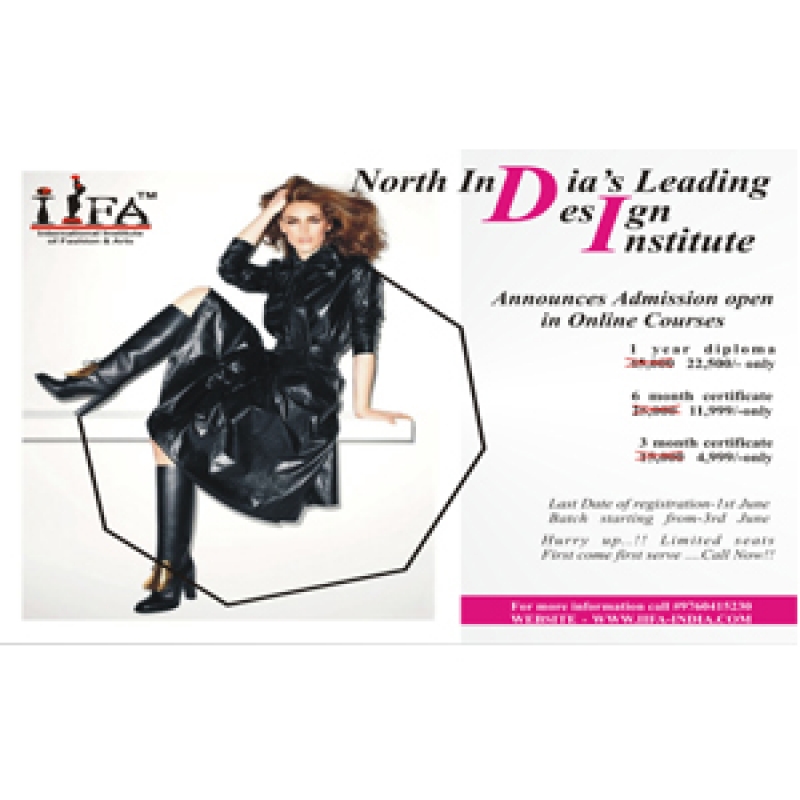More and more consumers around the world are looking for cruelty-free products for their lives and homes. Is this the future of design?
Veganism – a lifestyle that excludes all forms of animal exploitation – is a growing industry. The Economist dubbed 2019 The Year of the Vegan: According to the magazine, a quarter of people in the U.S. aged 25 to 34 consider themselves vegan or vegetarian.
Vegan homes, too, are a healthy, ethical and booming trend that is opening a potential market for decor professionals.
“I decided to transform my business after seeing a video in which people tortured dogs to get their skin for trade. Today, I don’t know any other designers that are 100% vegan,” says Deborah DiMare, founder of the Miami-based interior design studio DiMare Design and the digital platform VeganDesign.org, whose motto is “Healthy and Humane Interiors.” The association has already brought together firms and professionals from more than 60 countries, offering online training courses for those involved in ethical interior design.
While veganism has boomed in recent years, design is still far behind the food industry when it comes to the vegan movement. But maybe that’s about to change. The percentage of people who look for ethical options when purchasing has continued to increase. In the world of fashion, for example, firms like Michael Kors and Gucci no longer use animal skin.
Meghan Markle, Duchess of Sussex, went for a vegan paint for the decor of her first child’s room, and many magazines in the decor sector have echoed this.
As a result, adding vegan interiors to a professional’s list of services is starting to be a good business call. If you have a client with allergies … vegan alternatives are ideal. A project doesn’t have to be 100% vegan; it can be vegan only in those aspects where the client needs it to be.
The courses on vegan interior design are a success among traditional design professionals who want to add a new type of service to their business.
Why are ethical homes on the rise? The main reasons are a respect for animal life, concern for personal health and a growing awareness of sustainability. The warning issued by the UN in October 2018 – that we have only 12 years to limit the effects of climate change – has begun to permeate all industries. We feel good if we choose products that respect the environment. On the other hand, vegan, cruelty-free homes also feature special interior design that allows the pets of the house to enjoy the place just as much as their owners.
Veganism is not about losing weight or eating healthy. It’s about living in a way that causes as little damage as possible to animals — all animals, not just those that we’ve decided deserve our protection, like pets.
For now, it’s mostly people who are already aware who are creating vegan homes. But it’s time to think about the flip side of the coin: Can sitting on a vegan sofa encourage someone to make their own home cruelty-free?
What do “vegan” and “cruelty-free” really mean? A vegan designer uses products, materials and fabrics that do not contain, damage, torture or exploit any part of any living being and do not damage our planet. A cruelty-free product is one that does not use any part of any living being and that has not been tested on animals. This description is based on the definition drawn up by The Vegan Society, which was founded in 1944 in the UK and is the oldest vegan association in the world. Proponents of cruelty-free projects point out that animal skins that are used for furniture are treated with toxic products and chemical substances. There is another way. Feather fillings are unnecessary. We can achieve the same comfort with fibres. This also prevents respiratory diseases and allergies.
Buying vegan furniture frequently requires in-depth research. You have to play detective, looking at labels and asking questions. It’s about opening customers’ eyes. We have to protect those who can’t protect themselves: animals and people forced to work in terrible conditions. Being ethical in the furniture we buy benefits our health and saves lives, human and otherwise, and is good for the planet. These are all advantages. Thankfully, there are more and more suitable options. Zara Home, a Spanish decor brand, is becoming increasingly committed to 100% ecological and natural materials.



















Your Message